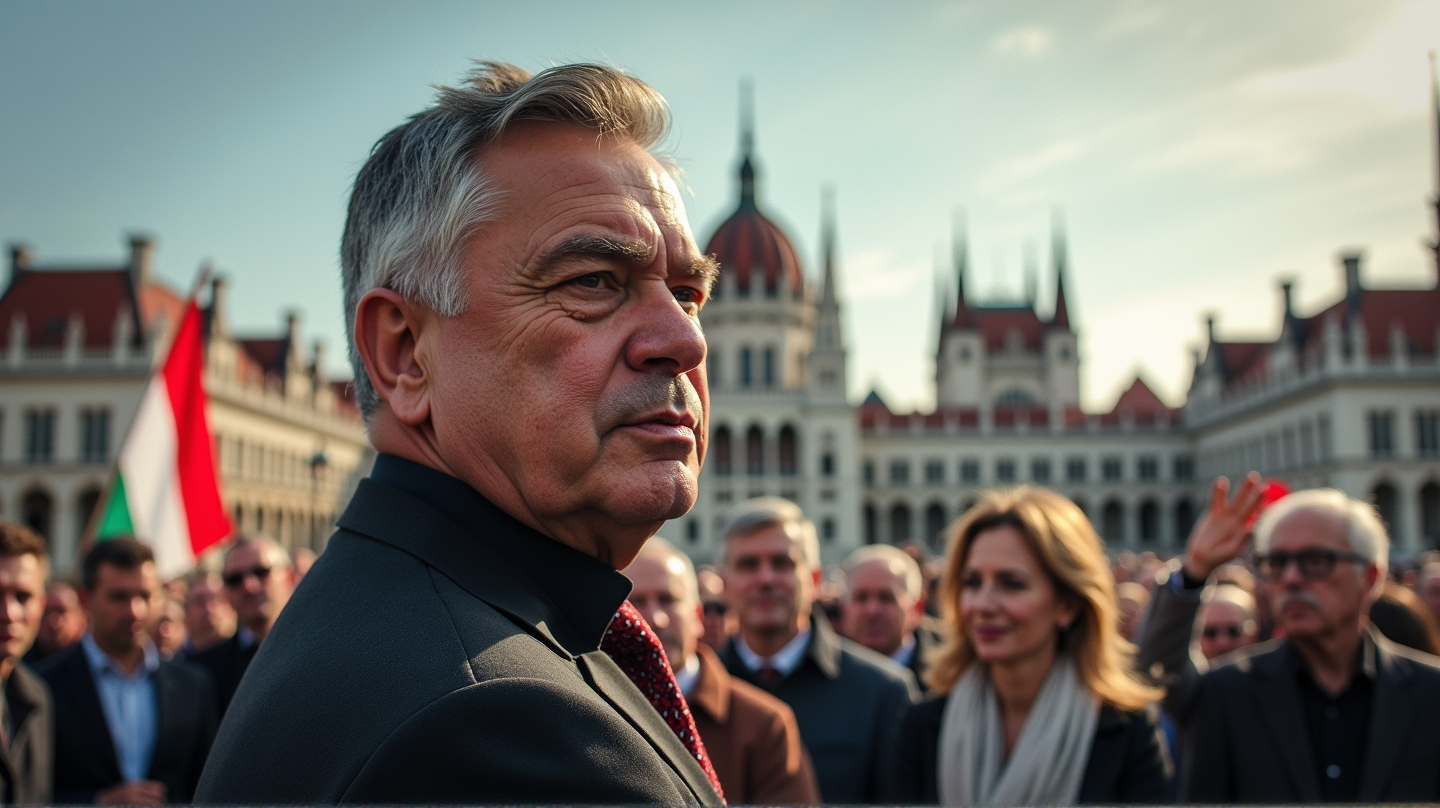Viktor Orbán: Protector of Tradition or Emerging Autocrat?
An intriguing look at Hungary's long-serving Prime Minister Orbán, examining his impact on democracy and ties with Russia amidst Bible prophecy.

A Champion of Values?
Hungarian Prime Minister Viktor Orbán stands as Europe’s longest-serving leader, hailed by some as a staunch defender of conservative values. He advocates for secured borders, support for traditional families, and policies that resonate with a portion of his constituency who fear a dilution of cultural identity. But in a complex geopolitical era, such actions invite questions about the broader impact on Hungary’s democracy and its ties both within Europe and globally.
The Shadow of Autocracy
Despite the conservative accolades, Orbán’s administration faces intense scrutiny over authoritarian tendencies. Under Orbán’s leadership, allegations of media suppression have surfaced, painting a picture of centralized control. According to theTrumpet.com, his relations with Russia’s Vladimir Putin further complicate Hungary’s standing within Europe. Such alliances raise concerns over Hungary’s political trajectory and its implications for the continent’s democratic framework.
Insights from the Ground
Csaba Lukács, editor of Hungary’s largest independent conservative newspaper, Magyar Hang, reveals a chilling reality of life under Orbán. In our exclusive interview, Lukács unveils a nation where press freedoms are restricted and dissent is stifled through legislation targeting NGOs and independent outlets. This atmosphere challenges the fabric of democratic principles and fosters a critical dialogue on Hungary’s future within the European Union.
The Biblical Connection
For those who turn to biblical prophecy as a lens to interpret current events, Hungary’s role under Orbán aligns intriguingly with predictions of a resurgent European superpower. Is Hungary’s trajectory towards centralization a precursor to what has been described as the final resurrection of the Holy Roman Empire? The potential fulfillment of this prophecy sparks theological debates and adds a spiritual dimension to political analysis.
Conclusion: What Lies Ahead?
Orbán’s Hungary poses a multifaceted narrative of conservative triumphs shadowed by autocratic risks. The global community watches closely, pondering whether the Hungarian model symbolizes a revival of imperialistic governance or merely the assertion of nationalistic pride. As the weeks unfold, the world awaits the unfolding chapters of Hungary’s story—a narrative rich with political intrigue, prophetic speculation, and societal reflection.





